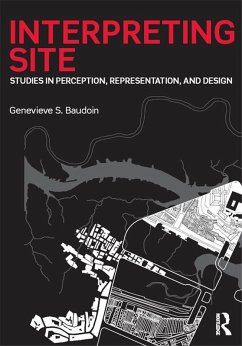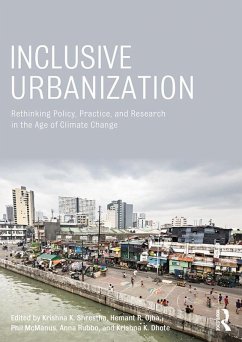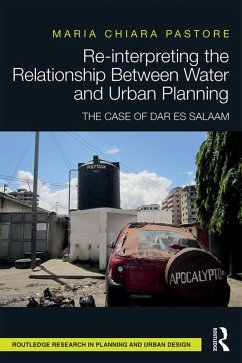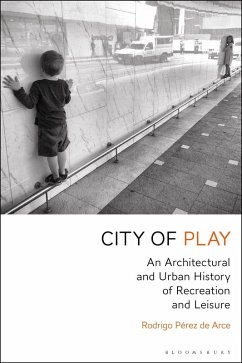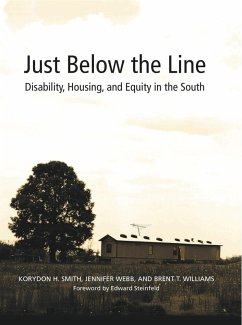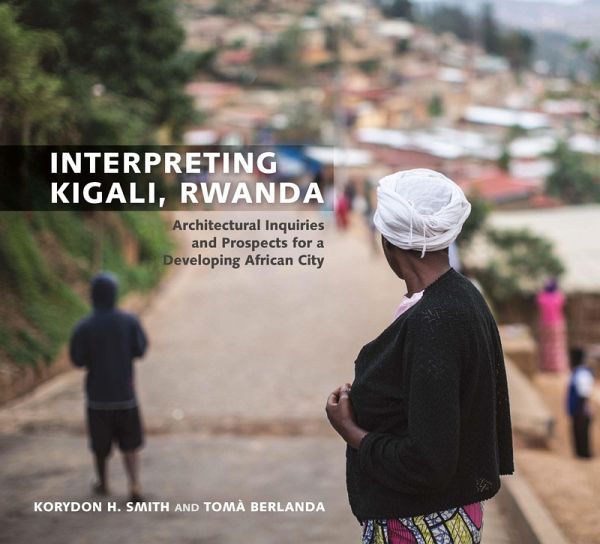
Interpreting Kigali, Rwanda (eBook, PDF)
Architectural Inquiries andProspects for a Developing African City

PAYBACK Punkte
28 °P sammeln!
Rwanda, less than a generation removed from the 1994 Genocide, is experiencing a period of economic ascent and population growth. Its capital city, Kigali, is expected to triple in size within a generation, and positioned to become a premiere hub of commerce in central and eastern Africa. Amidst this optimism, however, is limited land and material resources. Food security is in tension with environmental concerns, and government aspirations are often in friction with daily, individual struggles for subsistence. Interpreting Kigali, Rwanda explores the pressing challenges and opportunities to b...
Rwanda, less than a generation removed from the 1994 Genocide, is experiencing a period of economic ascent and population growth. Its capital city, Kigali, is expected to triple in size within a generation, and positioned to become a premiere hub of commerce in central and eastern Africa. Amidst this optimism, however, is limited land and material resources. Food security is in tension with environmental concerns, and government aspirations are often in friction with daily, individual struggles for subsistence. Interpreting Kigali, Rwanda explores the pressing challenges and opportunities to be found in planning, designing, and constructing a healthy, equitable, and sustainable city. Asking "what is an authentic-yet-modern, prosperous-yet-feasible African city, Rwandan city?" Smith, Berlanda, and colleagues conducted research on Rwandan activities of daily living and how these routines are connected to space-making practices and the Kinyarwanda terms that describe them. Through a culturally informed view of urban and rural lifestyles and spaces, Interpreting Kigali, Rwanda presents principles and proposals for neighborhood development in the challenging context of Kigali's informal settlements. With one billion people living in informal settlements worldwide, a number expected to double by 2030, the lessons learned in Rwanda provide a complex, fascinating, and urgent study for scholars and practitioners across disciplines and around the world.
Dieser Download kann aus rechtlichen Gründen nur mit Rechnungsadresse in A, B, BG, CY, CZ, D, DK, EW, E, FIN, F, GR, HR, H, IRL, I, LT, L, LR, M, NL, PL, P, R, S, SLO, SK ausgeliefert werden.




